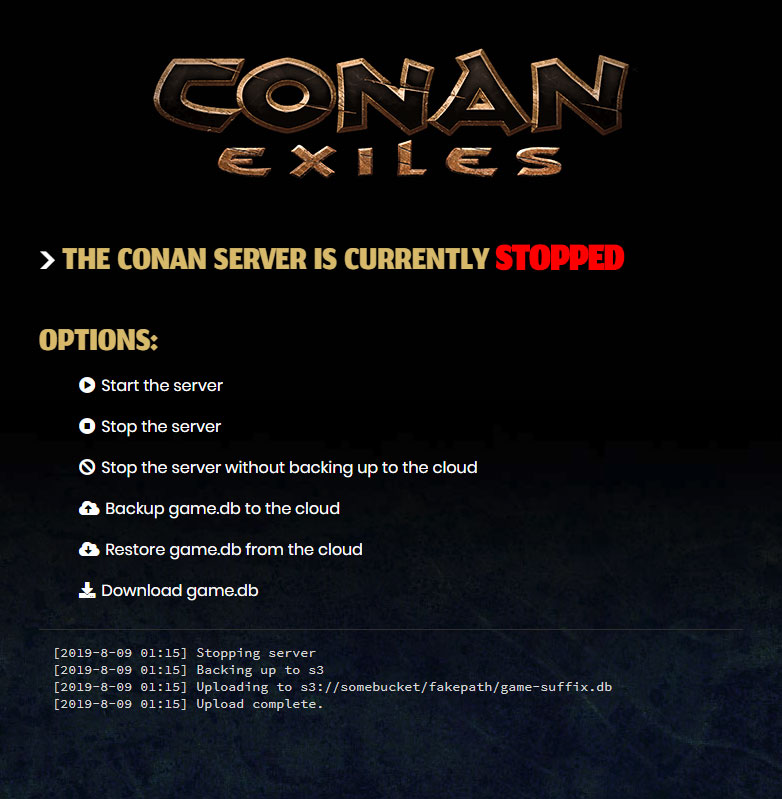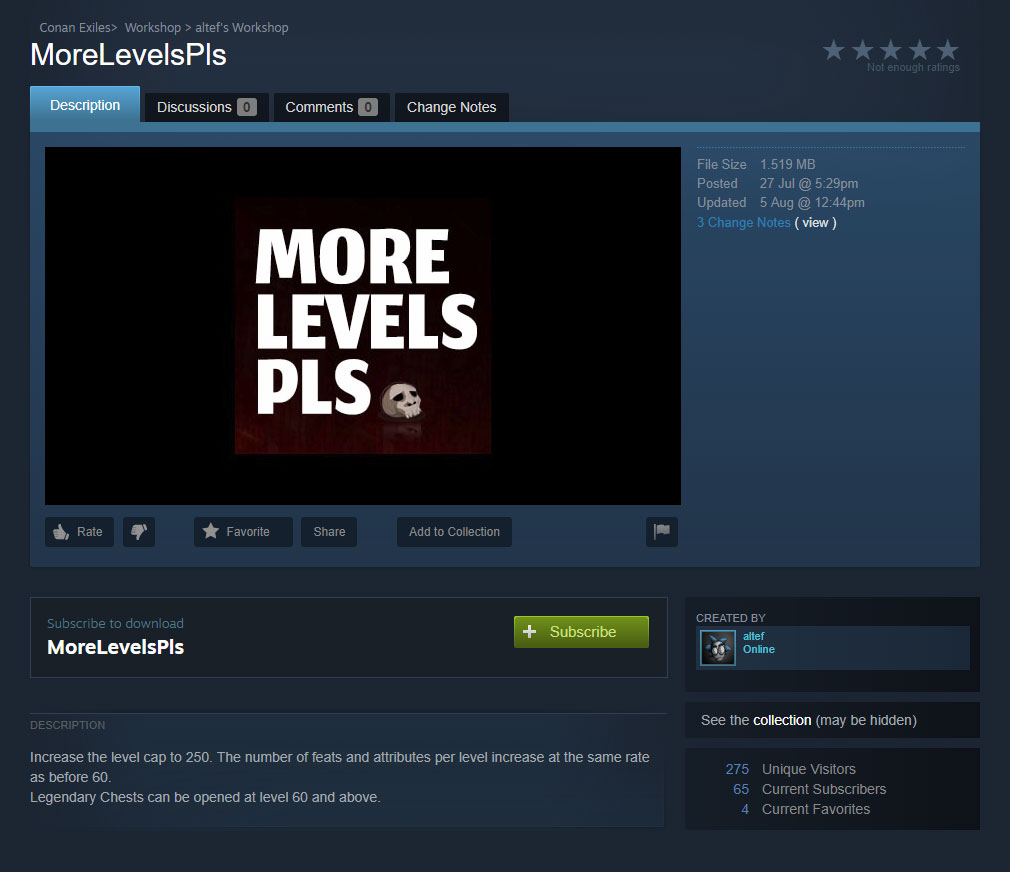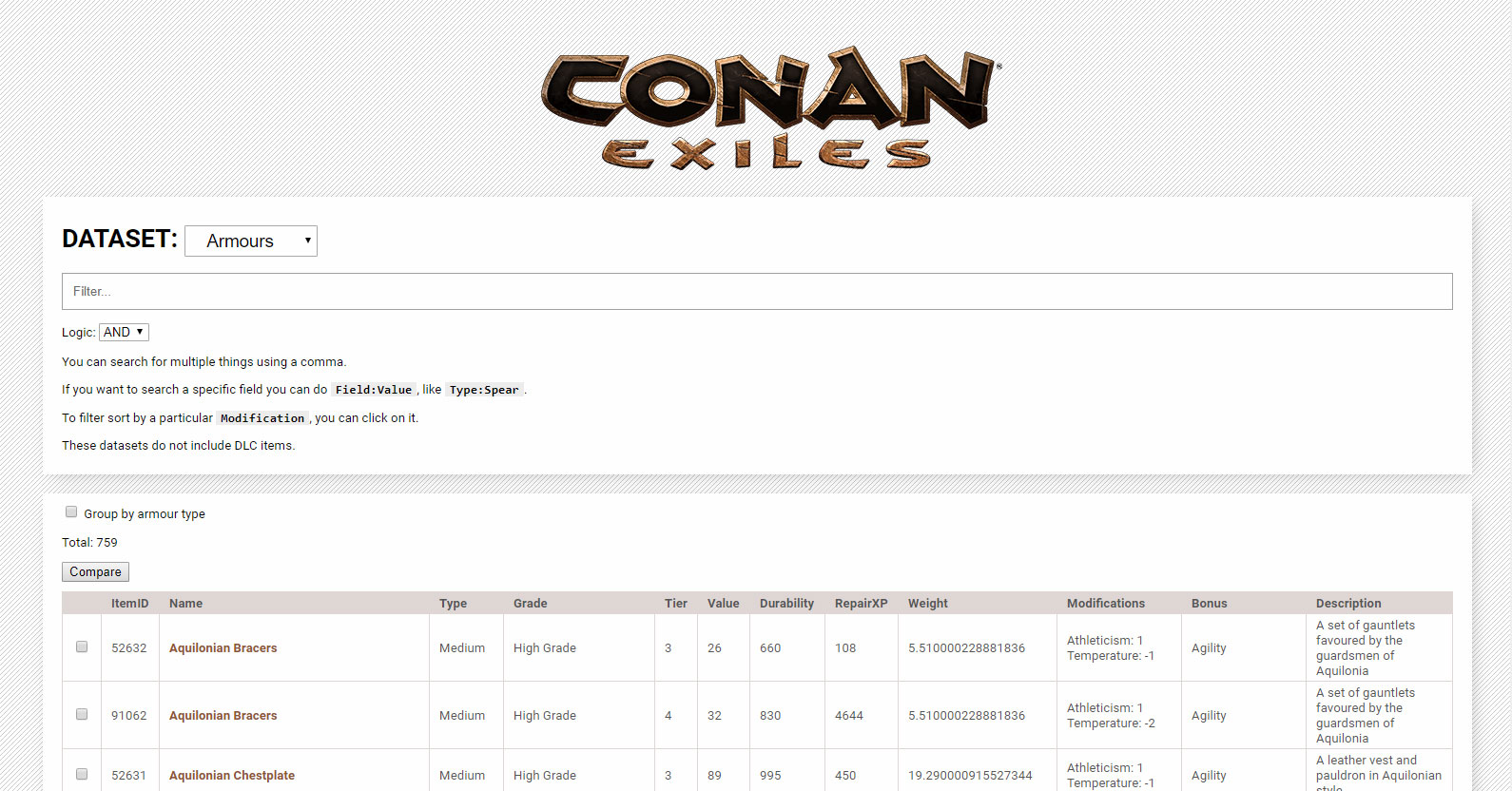Hourible: the time tracking tool I use
I made a new online tool!
Okay so new is a bit of a stretch. It’s based on an internal tool I’ve used at altered effect for years now, but I’ve cleaned that up and now it’s available for public use:
Time tracking is the horrible. (see what I did there?) But does it have to be? I don’t know.
It’s one of the great mysteries of life, and something I worry we’ll never know the answer to.
Long story long, I wasn’t happy with any of the time tracking solutions I found so I settled on something quick and easy – using Google calendar. I was already comfortable using it, and I it was surprisingly intuitive to just drag events to the appropriate size in order to keep track of how much time I spend on projects.
It actually works wonderfully, but when it comes for invoicing you need to add up the hours.
Or do you? Trick quesion – you do, but Hourible does it for you!
Over whatever time frame you like. Plus, you can easily filter the events. Since I use Logipar any chance I get, Hourible supports logical operators in the filter string. It sums up your hours for you, and you can take a deeper look to see how they’re broken down.
Of course, you still need to make the invoices then. Which you can do manually if you prefer, or Hourible can generate them automatically with the click of a button. Which… is a lot less work for me than making them manually. It’s quite convenient actually.
All that and Hourible is free as you want it to be!
Give it a try if you want, especially if you regularly work on multiple projects or for various clients. Maybe it’ll help.




